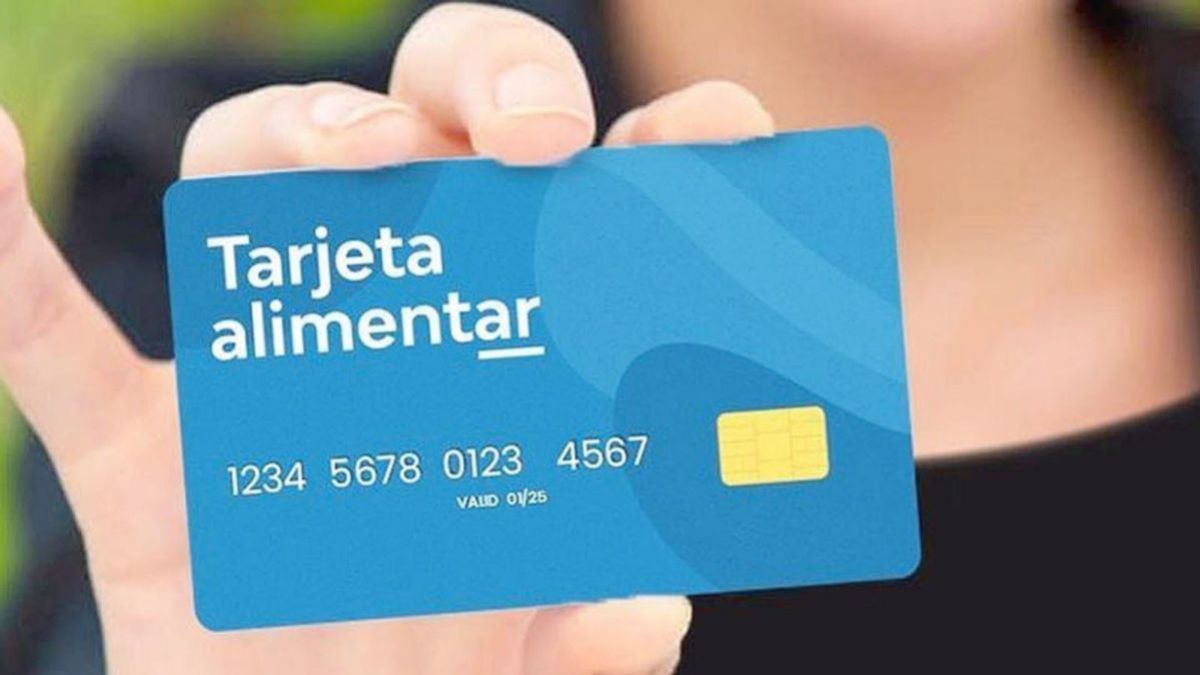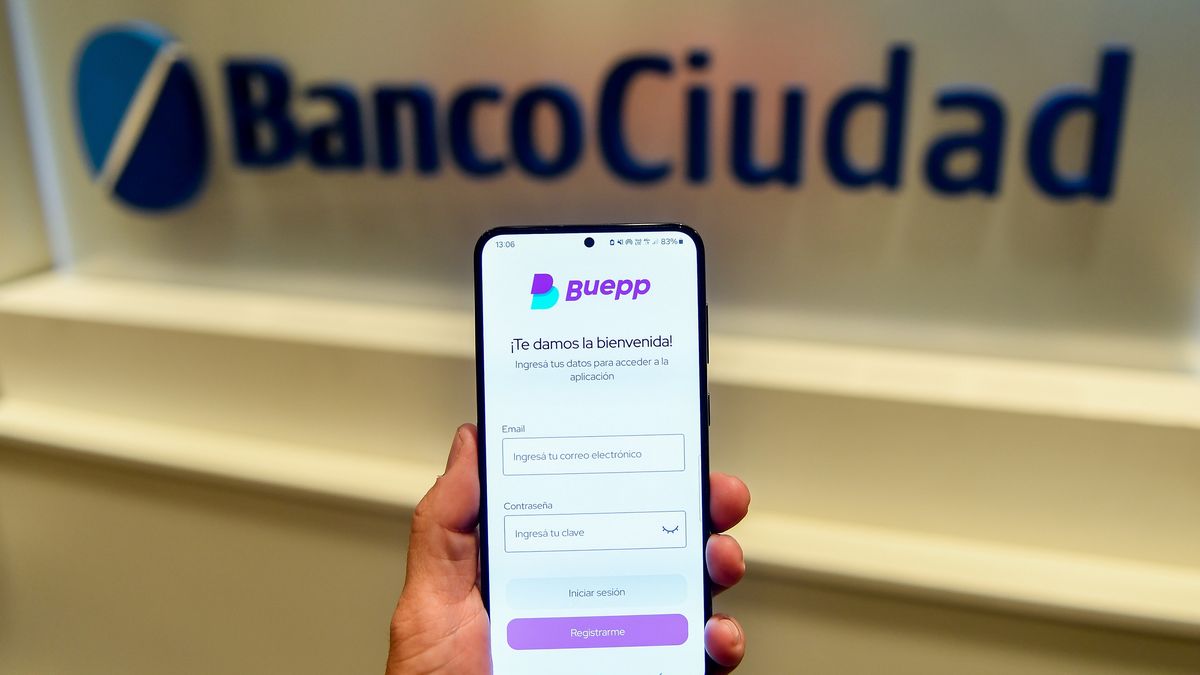For now, there will be no more measures to contain prices, other than those already announced. Once the fund has been established to fix the price of bread, flour and noodles, in April it will be necessary to start up prices for close care and a basket of fruits and vegetables.
Food inflation in February, at 7.5%, was the highest since 1991 in this category, and March could be around 6%, according to economist Eva Sacco. Thus, the first quarter could close with a rise in food prices of 19.5%. The basic food basket (CBA), which a typical family needs in order not to be destitute, rose to $42,111 in March, according to Focus Market. Sacco estimates that the CBA will accumulate a rise of 20.3% in March.
Alberto Fernández spoke again about global inflation: “Today I woke up at 7 with a message from Minister Martín Guzmán in which he told me that Germany announced that in March inflation was 2%. And I replied, ‘don’t worry, Spain said it was 3%’”.
Given this scenario, the Government “recalibrates” and will seek to focus on income. Regarding price measures, there will be no withholding increases for grains as requested by one part of the coalition. The government needs to go through Congress, and it assures that it does not have a majority, the opposition will not accompany it, and they consider that legislators from the Frente de Todos from provinces such as Santa Fe, Córdoba and Entre Ríos will not either.
Regarding income policies, the first was in March a bonus of $6,000 for the Work Promotion plans. In April, there will be a bonus to retirees of the minimum of $6000, as confirmed by the presidential spokeswoman, Gabriela Cerruti. Also in April, the first increase in the minimum wage of 18% will be applied, which directly impacts labor programs. The last section of the rise will be in December, although it could be brought forward, as happened in 2021.
At this time, the Ministry of Social Development, headed by Juan Zabaleta, is analyzing an increase in food policy. “The Ministry works with the technical teams to analyze an update. The government’s concern with inflation is there, and so is the occupation,” said Gustavo Aguilera, Secretary of Social Policy Articulation.
For now, the extension of the coverage of the Enhance Work plan, which reaches 1.3 million people, has been ruled out. At present, with Work Promotion, a person earns $16,500, without any conditionality. In the case of Alimentar, it varies according to the number of children: $6,000 with one, $9,000 with two, and $12,000 with three or more, an amount that was not updated a year ago. Both policies involve 90% of the total expenditure of the Ministry of Social Development.
For food policies, which also include sending food to soup kitchens and schools, the Zabaleta portfolio spent $63,368 million in the first quarter, 50% of total spending, while in socio-productive inclusion actions it executed $49,564 million, the 40% of total spending, according to open budget data. In all of 2021, spending on social programs amounted to $842,149 million, equivalent to 1% of GDP, according to the OPC.
The latest published data on poverty showed that in 2021 almost 2 million people were lifted out of poverty throughout the country, but the consultants anticipate that the situation could deteriorate again due to the escalation in food prices. According to a calculation made by the consulting firm LCG, the cost of eradicating indigence is 0.2% of GDP. The income of an indigent household was $20,600, against an average basket of $31,800 per month. With 959,000 households throughout the country that do not cover their basic food needs, the state cost of eradicating indigence would be $128,000 million a year.
Source: Ambito
David William is a talented author who has made a name for himself in the world of writing. He is a professional author who writes on a wide range of topics, from general interest to opinion news. David is currently working as a writer at 24 hours worlds where he brings his unique perspective and in-depth research to his articles, making them both informative and engaging.




